Iran’s top general, Pakistan PM discuss promotion of defense cooperation, alarming situation in neighboring Afghanistan
Iran’s top military commander and the Pakistani prime minister have called for further expansion of ties, including promotion of border security and defense cooperation.
The chairman of the Chiefs of Staff of the Iranian Armed Forces, Major General Mohammad Baqeri, who is in Pakistan on an official visit, held talks with Imran Khan on Wednesday to discuss a host of issues, including bilateral relations.
During the meeting, Imran Khan pointed to his last month’s meeting with Iranian President Ebrahim Raeisi on the sidelines of the Shanghai Cooperation Organization in the Tajik capital of Dushanbe, and reaffirmed Islamabad’s commitment to further bolster ties with Tehran, in border, economic, military and security issues.
The top Iranian general, for his part, described as significant his meetings earlier in the day with Pakistani Chief of the Army Staff of Pakistan Army General Qamar Javed Bajwa.
Baqeri said that Tehran and Islamabad needed to shore up their close cooperation, adding that the two neighbors have witnessed significant progress in relations over the past years.
The two sides also conferred on major regional developments, including in Afghanistan.
The Pakistani premier stressed that there is no military solution to Afghanistan’s problems, calling for the formation of an inclusive government comprising of all Afghan groups.
Earlier on Wednesday, Baqeri also met with General Bajwa, during which they discussed a range of issues such as defense ties between the two neighboring countries.
During the meeting, they expressed confidence in the growing trend of military, security and border interactions between Iran and Pakistan in recent years and vowed to advance their contacts.
They also reviewed the latest developments in bilateral relations, defense ties and regional developments, including Afghanistan.
The Iranian general is also expected to meet with Pakistan’s Chairman Joint Chiefs of Staff Committee General Nadeem Raza.
The ongoing developments in neighboring Afghanistan have been a major concern for both Iran and Pakistan.
During their meeting in Dushanbe in September, President Raeisi told Imran Khan that the 20-year occupation of Afghanistan by the US forces only brought destruction and massacre to the war-ravaged country.
The Iranian president said efforts should be made to form a government in Afghanistan that includes all groups and ethnicities, and is based on the will of the people of this country.
“The key to solving Afghanistan's problems is to form an inclusive government and prevent foreign interference in the country's affairs,” Raeisi noted.
Khan, for his part, said Iran and Pakistan must work closely together to help Afghanistan successfully form an inclusive government.
The Taliban militant group retook control of Afghanistan on August 15, two decades after they were ousted from power as a result of a US-led military invasion of the country.
Taliban’s seizure of power came in the wake of the withdrawal of US and foreign forces from Afghanistan. President Ashraf Ghani also fled the country.
On September 7, the Taliban announced the formation of a caretaker government in Afghanistan, where hunger and poverty have significantly increased during the past two months.
The UN says that without immediate action, an estimated one million children in Afghanistan are projected to suffer from severe acute malnutrition in 2021 and could die.
UNICEF Deputy Executive Director Omar Abdi has warned that more children are at risk of dying from severe malnutrition as the winter is coming.
Iran has already sent several shipments of humanitarian aid to Afghanistan.
D-8’s role in Iran’s economy after Cairo summit
China slams US as ‘war-addicted’ threat to global security
China ‘firmly opposes’ US military aid to Taiwan
VIDEO | Press TV's News Headlines
President Yoon Suk Yeol to be removed from office
At least 19 Gazans killed by Israeli airstrikes since dawn: Medics
Leader: Iran neither has nor needs proxy forces
US fighter aircraft shot down ‘in friendly fire’ amid aggression on Yemen


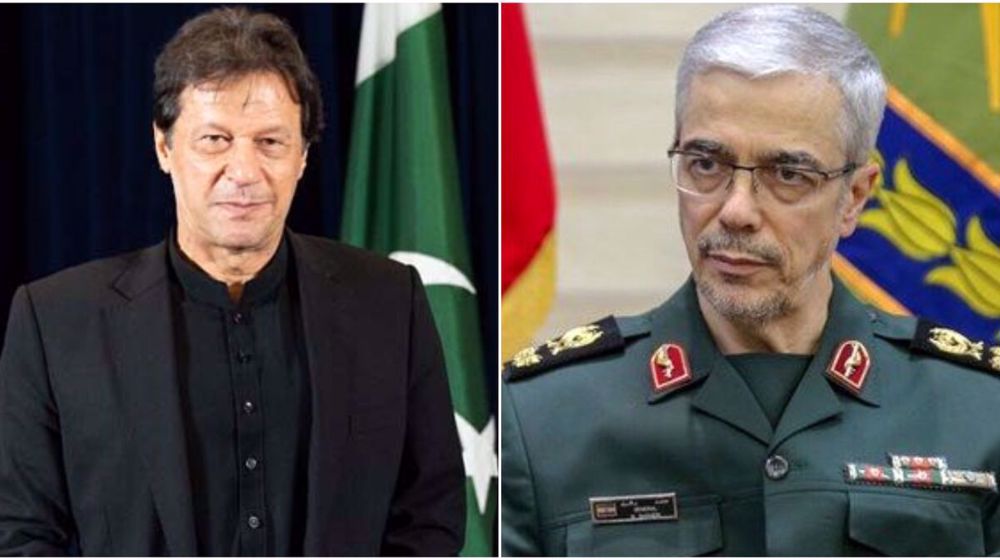
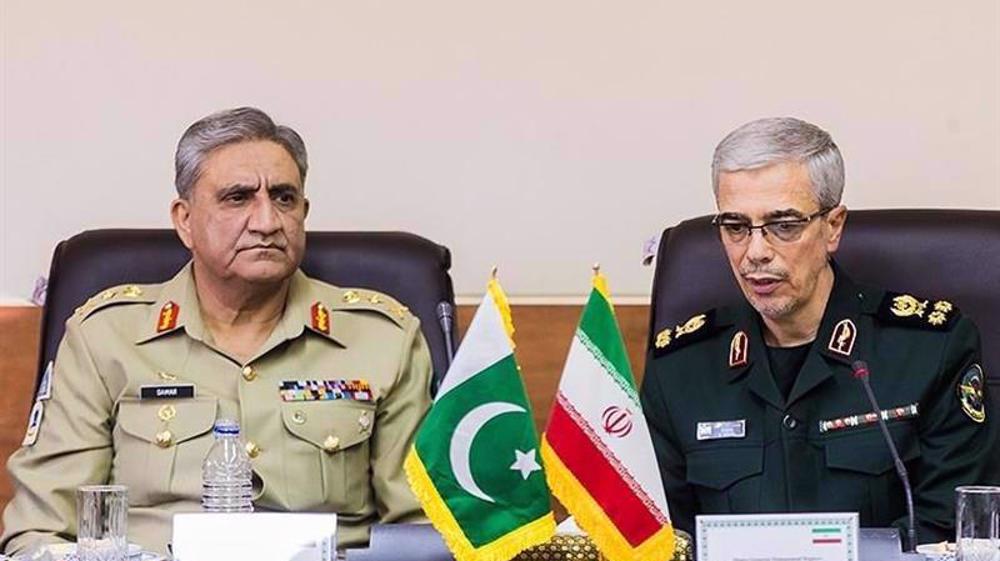
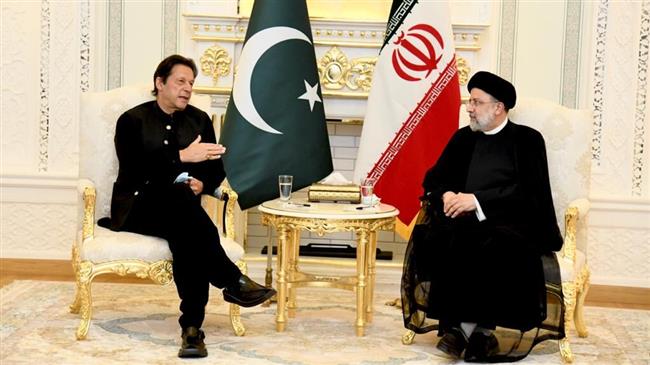
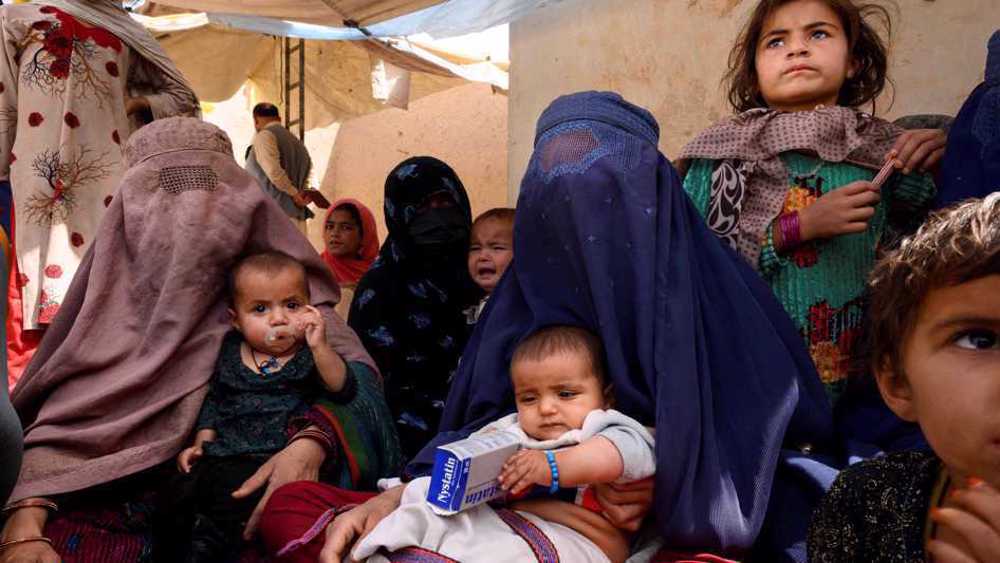






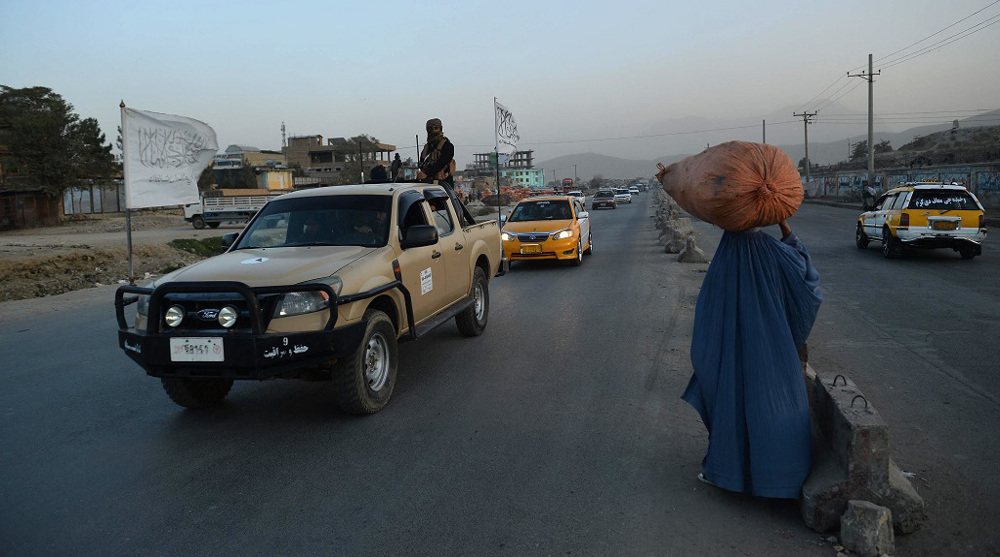
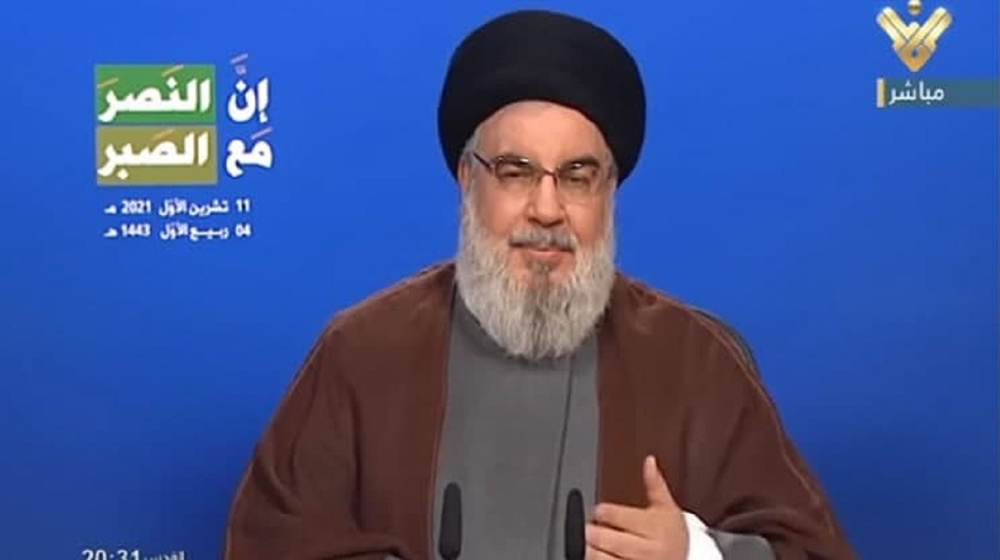

 This makes it easy to access the Press TV website
This makes it easy to access the Press TV website